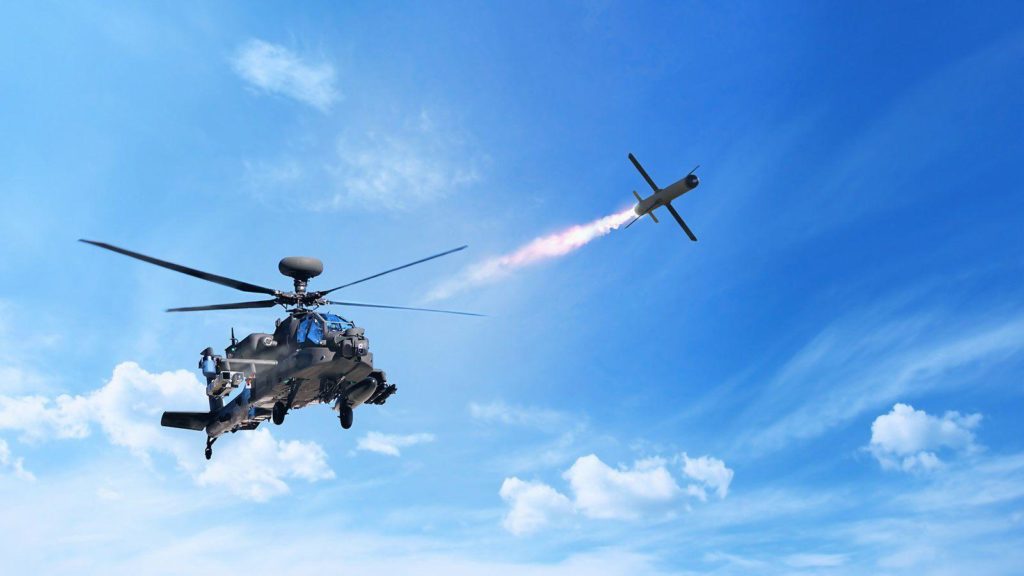
In 48 hours, Israel has effectively obliterated what’s left of Syria’s military. Planes, tanks, ships, missiles, air defenses—an estimated 80% of these key weapons were destroyed by Israeli strikes following the overthrow of the Syrian regime by rebels, some of whom have terrorist connections. Israeli Prime Minister Benjamin Netanyahu, speaking on Tuesday in comments translated and published by Israel, said, “We have no intention of interfering in Syria’s internal affairs; however, we do intend to do what is necessary for our security.
“As such, I approved the Air Force bombing of strategic military capabilities left by the Syrian military so that they will not fall into the hands of the jihadists.”
The IDF page on X (formerly Twitter) reported on Tuesday that Israel had launched over 350 airstrikes in just two days, as the IDF “struck most of the strategic weapons stockpiles in Syria to prevent them from falling into the hands of terrorist elements.” The post went on to list the targets of the strikes, which included two ports where 15 Syrian naval vessels were docked, dozens of sea-to-sea missiles, dozens of weapons production sites, as well as “numerous strategic assets,” that included Scud and cruise missiles, unmanned aerial vehicles (UAVs), fighter jets, attack helicopters, tanks, and more.
In addition to weapons, strategic facilities such as air fields, anti-aircraft batteries, radar, weapons depots and launchers were also hit. A separate report translated by Google from Israeli Army Radio and posted to X on Israel’s operation—named “Arrows of the Bashan”—said that as a result “70-80% of the Assad regime’s military capabilities have been destroyed.”
Former IDF spokesman and retired Lt. Col. Peter Lerner summarized the importance of Israel’s actions in his own post to X: “Try and grasp the implications of these weapons finding their way to the hands of terrorists in the region and beyond. Imagine if any of these advanced weapons would’ve fallen into the hands of terrorists. The @IDF has destroyed approximately 80% of these Syrian strategic weapons. Today the world and the people of the region are safer.”
To emphasize that point, the IDF post noted that each of the destroyed sea-to-sea missiles alone “carried significant explosive payloads, posing threats to civilian and military maritime vessels in the area.”
The massive preventive air strikes come after the regime of Syrian President Bashar al-Assad collapsed against a rebel offensive over the weekend. However, at least one of the key rebel factions—Hay’at Tahrir al-Sham (HTS)—is designated as a terrorist organization by the United States. HTS previously split off from the Al Qaeda branch in Syria, according to the website for the US Office of the Director of National Intelligence.
With groups like HTS involved, Israel is striking a delicate balance between hoping for better after the murderous Assad regime collapsed and preventing a worse situation from emerging.
Said Netanyahu on Tuesday, “We want to have relations with the new regime in Syria but if this regime allows Iran to re-establish itself in Syria, or allows the transfer of Iranian weapons, or weapons of any kind, to Hezbollah, or attacks us—we will respond forcefully and we will exact a heavy price.
“What happened to the previous regime will also happen to this one.”
In the meantime, Israel has prevented a terror regime from arising with many of Assad’s most dangerous weapons.
As former IDF spokesperson and now Senior Fellow at the Foundation for Defense of Democracies Jonathan Conricus said on Twitter, “Remember when Libyan dictator Qaddafi was ousted and all of the world’s terrorist looted bunkers and distributed lethal weapons far and wide? That’s what Israel is preventing from happening in Syria now. You’re welcome, world.”
(By Joshua Spurlock, www.themideastupdate.com, December 10, 2024)
